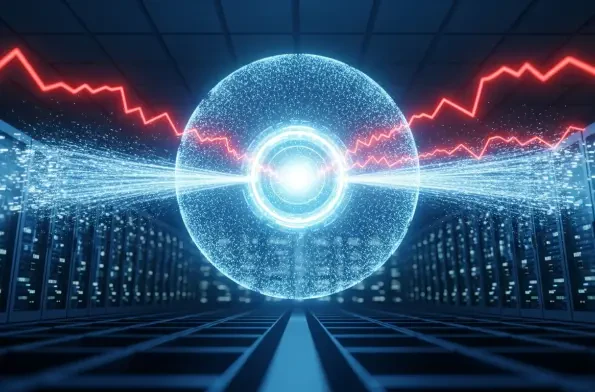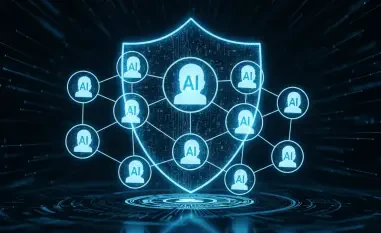Emerging Threats
A massive data breach has cast a harsh spotlight on the fragile nature of digital privacy, exposing the deeply personal viewing habits of millions of Pornhub Premium users and igniting a firestorm of accusations between the companies involved. The incident centers on the alleged theft of an

The very code that promises to build the future is now being written with the help of automated assistants that can inadvertently open doors for sophisticated digital adversaries, transforming the software supply chain into the modern era's most critical battleground. This evolution marks a

The recent debut of the VolkLocker ransomware platform serves as a stark reminder that in the world of cybercrime, a threat's potential for destruction is not always matched by the sophistication of its design. The Ransomware-as-a-Service (RaaS) model continues to lower the barrier to entry

A company's digital defenses are often only as strong as its least secure partner, a silent vulnerability that is rapidly becoming the most exploited entry point for cybercriminals across the UK. As businesses grow more interconnected, their supply chains transform into a complex web of

With a crisis unfolding at e-commerce giant Coupang, we sat down with Malik Haidar, a veteran cybersecurity expert who has spent his career on the front lines of digital defense for multinational corporations. The Coupang incident, which saw a data breach balloon from a few thousand accounts to

As artificial intelligence chatbots become increasingly integrated into both personal and professional workflows, a security professional from Google's own AI teams has issued a stark warning about the significant cybersecurity risks associated with sharing sensitive information. Harsh














